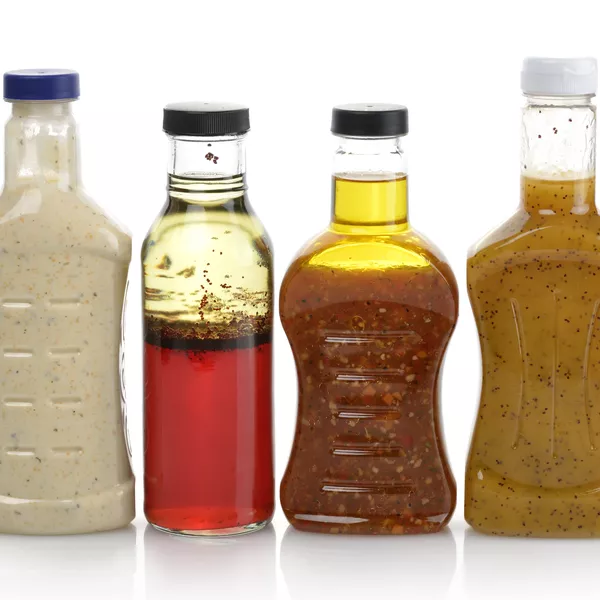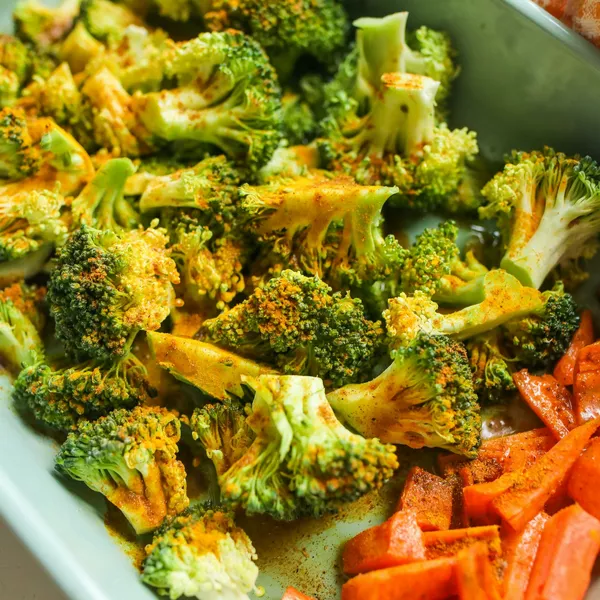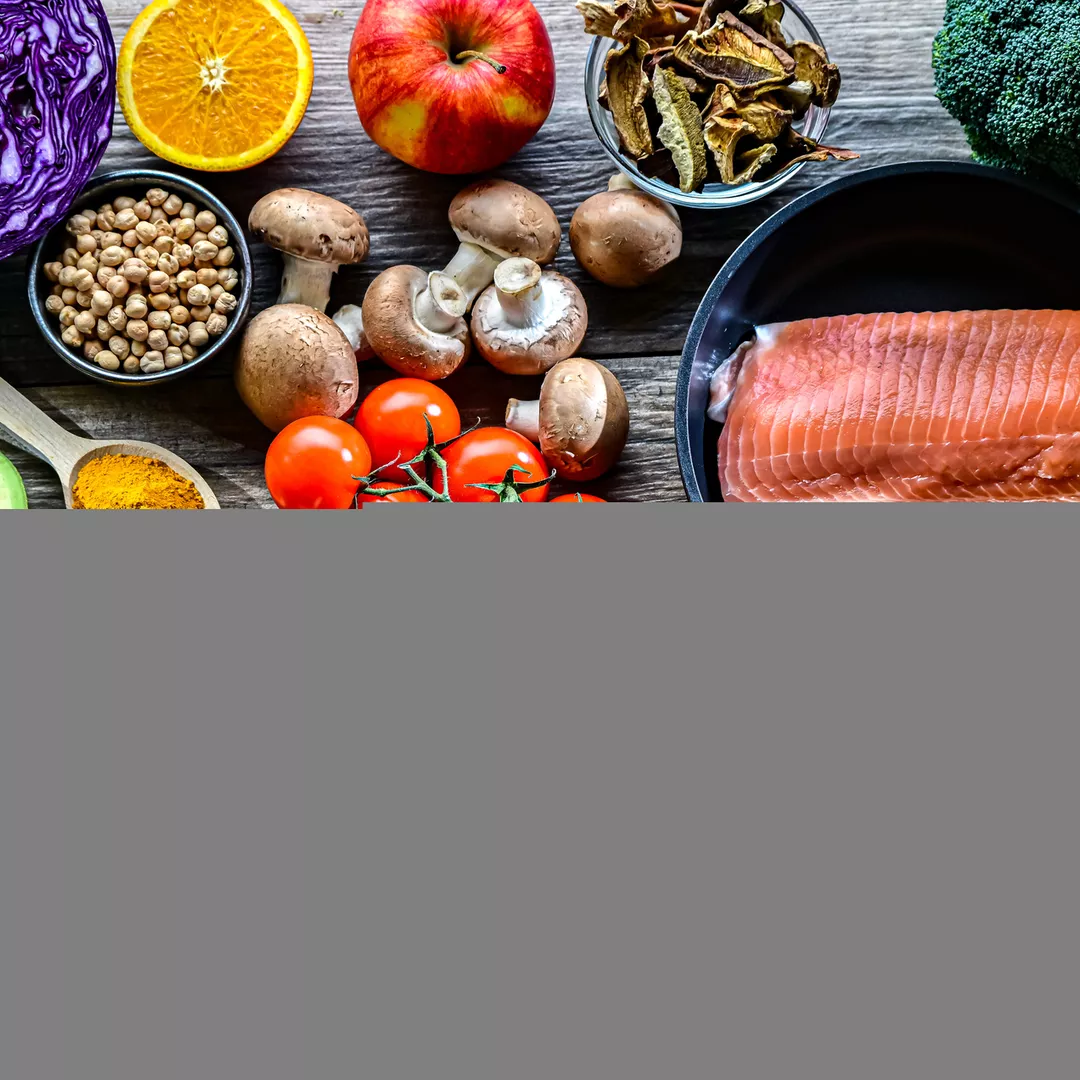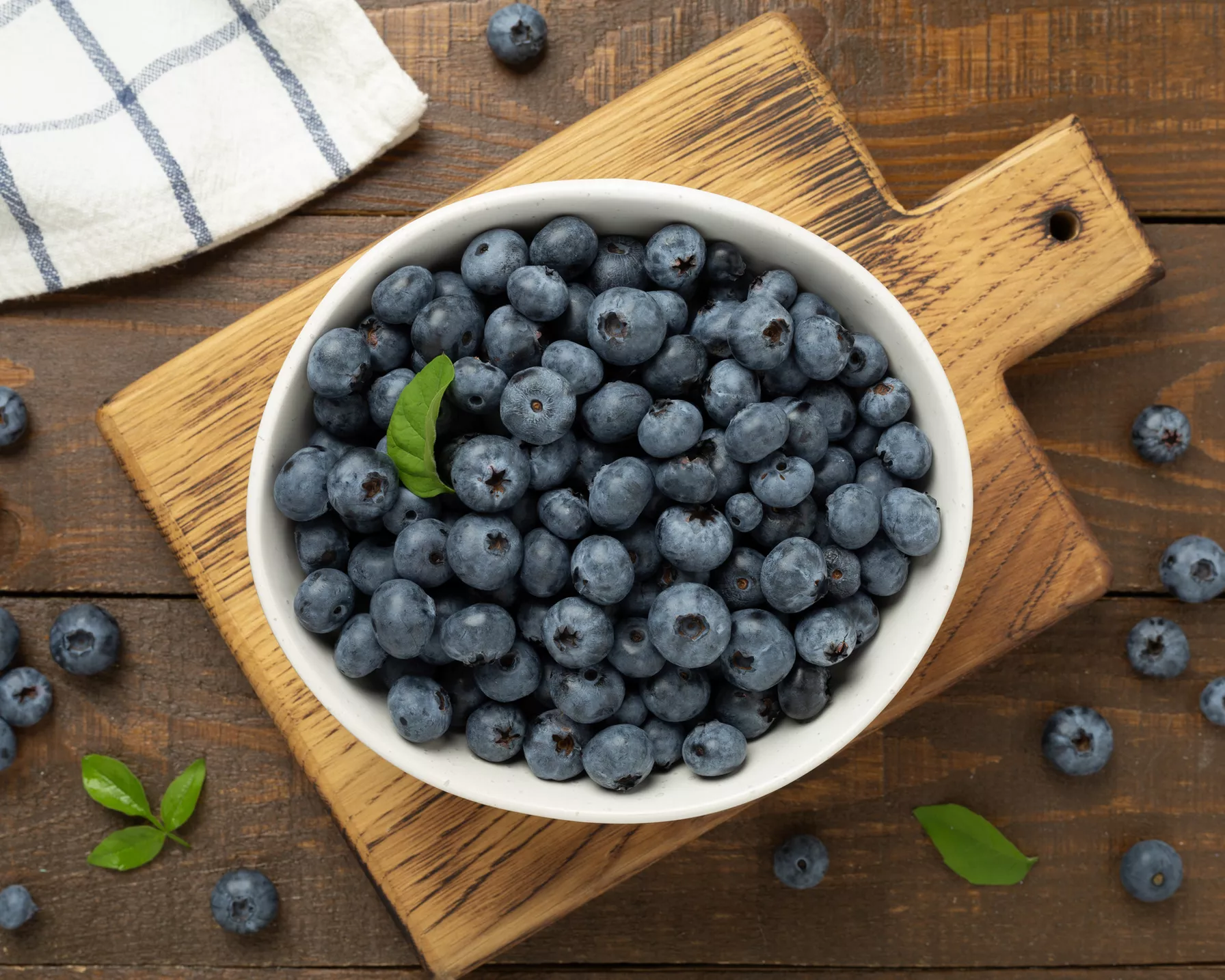
Inflammation is a natural and essential part of the body's immune response to infection or injury. While acute inflammation serves a protective function, chronic low-grade inflammation — when the inflammatory response persists throughout the body over time — can become problematic.
Chronic inflammation has been linked to numerous health conditions, including cardiovascular disease, type 2 diabetes, insulin resistance, elevated cholesterol levels, and polycystic ovary syndrome (PCOS). If you're managing any of these conditions or simply looking to support your overall health, incorporating anti-inflammatory foods into your diet may be beneficial.
While it's important to note that overall dietary patterns have a greater impact on inflammation than individual foods alone, research has identified certain foods that are particularly rich in bioactive compounds, antioxidants, and nutrients that may help modulate the body's inflammatory response. These nutrient-dense foods can be valuable additions to an anti-inflammatory eating pattern, whether you're addressing specific health concerns or working to optimise your long-term wellness.
Leafy greens
All vegetables are good for us, and simply doubling our daily intake by including serves at every meal will significantly increase our intake of key vitamins, minerals and antioxidants all known to help reduce inflammatory pathways in the body. Specifically, it is the leafy green vegetables including rocket, spinach, kale, broccoli, cabbage, Asian greens and brussels sprouts that have a particularly powerful role to play in keeping our cells in tip-top condition. Exceptionally rich in folate, Vitamin K, Vitamin C and Vitamin A, when it comes to maximising nutrient intake, aiming to include at least a couple of servings of leafy greens in your diet is a smart step for your long-term health and well-being.
Blueberries
A regular on all superfood lists, all berries are good for us thanks to their naturally high Vitamin C and antioxidant contents, but it is blueberries in particular that have been proven to improve cell health and reduce inflammation in the body, even in the short-term post-exercise. It is thought that the polyphenol compounds naturally food in high concentrations in blueberries help to down-regulate the body’s inflammatory pathways, and as such regular consumption basically helps to keep inflammation at bay. Given blueberries are also low in calories and high in dietary fibre, if you can afford them, including ½ to 1 cup in your diet each day offers a number of powerful health benefits.
Oily fish
A single serving of Omega-3-rich fish such as Atlantic salmon, sardines, herring or mackerel contains the entire daily recommended intake of the long-chain fats, DHA and EPA which play a key role in naturally lowering inflammation in the body. While you can find plant sources of these fats, they are nowhere near as powerful as the long-chain Omega-3’s. For this reason, if you like fish you are best to include a serving of oily fish in your diet at least every second day, and also bump up our intake of all seafood including shellfish and white fish which also offer some Omega-3’s. And, if you like it, always eat the skin of the fish as this is where a significant amount of Omega-3 is found.
The body converts omega-3 into other chemicals, which have anti-inflammatory properties in the body. These anti-inflammatory chemicals may help reduce blood pressure, reduce blood clotting, protect against irregular heartbeats and reduce chronic inflammation - all important factors for long-term heart health. Oily fish such as tuna and salmon are the best source of omega-3 fatty acids.
Cherry juice
There are only a handful of individual foods that have been scientifically shown to lower inflammation in the body and some of the newer juices in supermarkets including cherry and blueberry juices are two juices that do have some evidence to support their use medicinally to help reduce the pain associated with inflammation.
Green tea
A true superfood, not only is green tea known to improve cognitive function thanks to the naturally occurring compound L-theanine but the high polyphenol antioxidant content of green tea helps to protect the cells from damage, supports blood glucose control and is associated with reduced inflammatory markers in the body.
Extra Virgin Olive Oil
One of the most powerful determinants of inflammation in the body is the balance of fats we routinely consume, and Extra Virgin Olive Oil is the only oil that proactively reduces inflammation and supports optimal fat balance thanks to its naturally high antioxidant content. This is as opposed to vegetable-based oils which are much higher in the Omega-6 range of fats that act to inhibit the actions of Omega-3’s in the body. It is Western society's high intake of Omega-6 fats in general from the widespread use of vegetable oils in the diet thought to largely explain the dramatic increases in inflammatory-related conditions over the past 20 to 30 years.
Recipes


The healthiest (and unhealthiest) salad dressings, according to a dietitian
A good salad dressing can make or break a salad. But when it comes to health and nutrition, not all dressings are created equal. To help decode the options, leading Australian nutritionist and dietitian Susie Burrell shares which salad dressings to use most - and which to keep to a minimum.

Nutritional benefits of cruciferous vegetables
Cruciferous vegetables like broccoli are packed with many health-boosting nutrients. Find out how you can easily include them in meals.
About the author
Susie Burrell
Susie Burrell is an accredited practising dietitian and nutritionist.

More articles by Susie

The healthiest (and unhealthiest) salad dressings, according to a dietitian
A good salad dressing can make or break a salad. But when it comes to health and nutrition, not all dressings are created equal. To help decode the options, leading Australian nutritionist and dietitian Susie Burrell shares which salad dressings to use most - and which to keep to a minimum.



